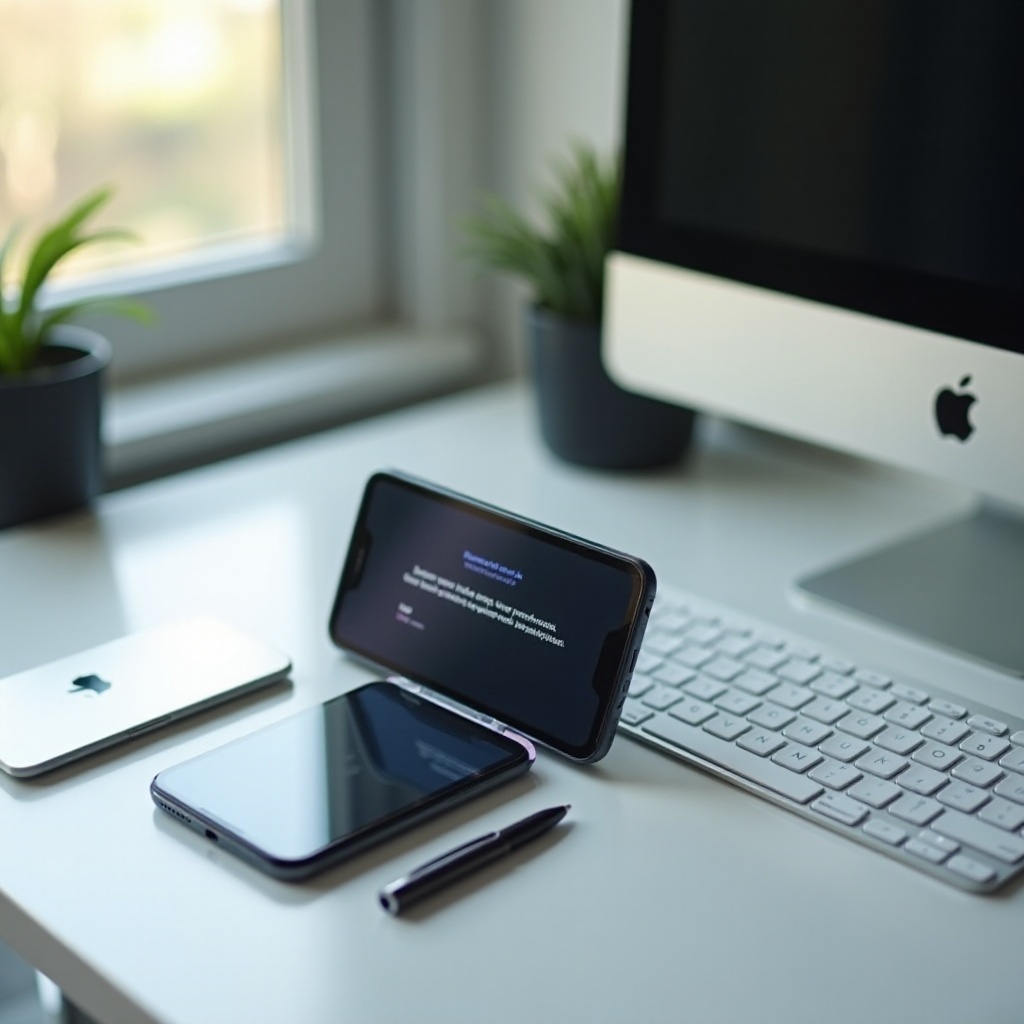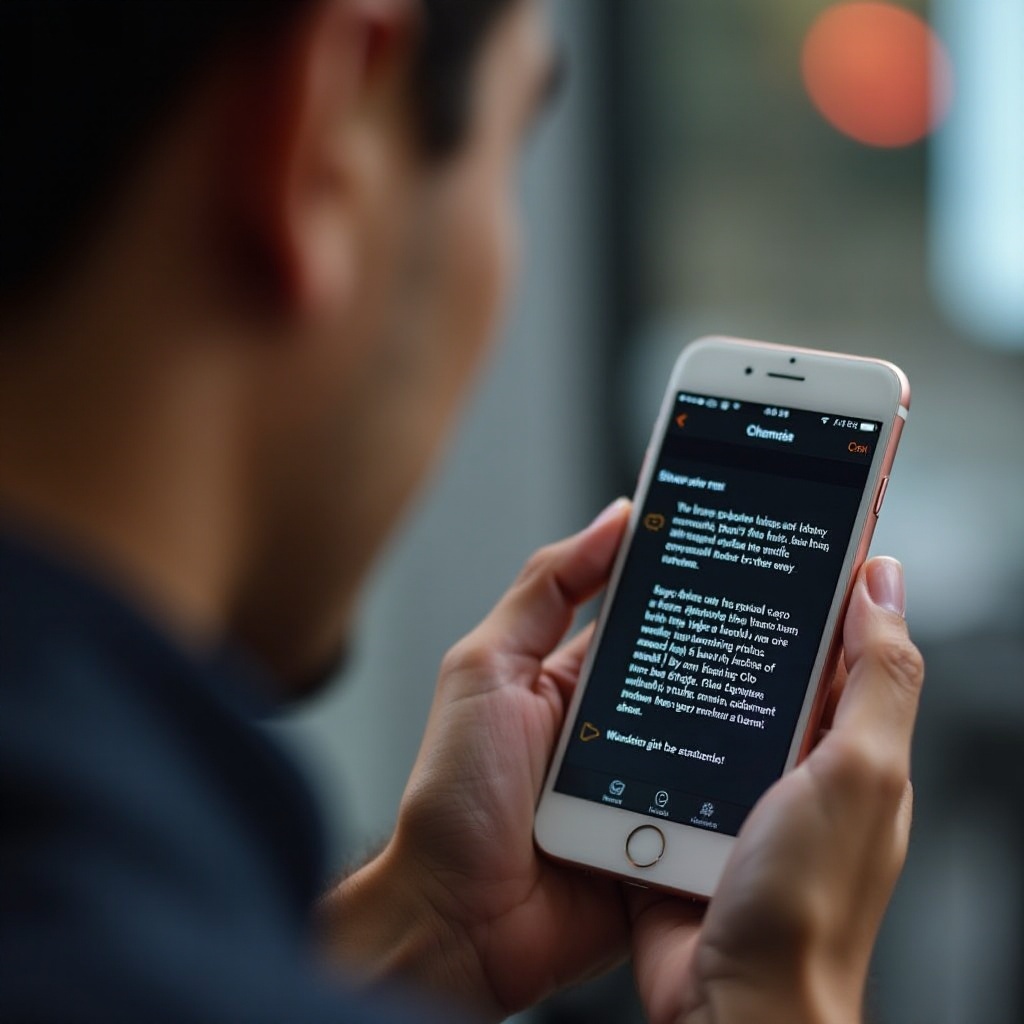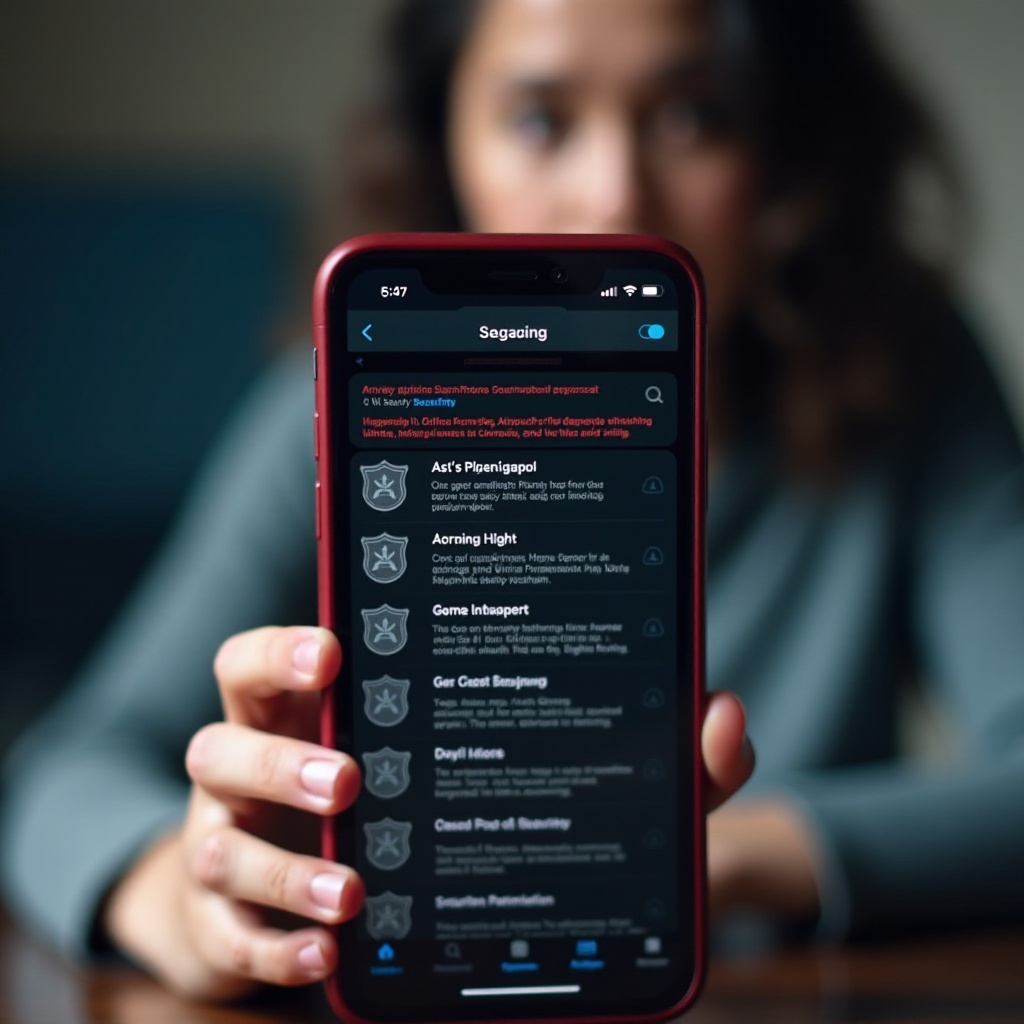Introduction
Worried that your iPhone might be compromised? It’s a valid concern given the increasing sophistication of hackers. A hacked iPhone can expose your personal information, leading to potential financial loss and privacy violations. This guide will help you identify common signs of a hacked iPhone and provide actionable steps to secure your device. By the end of this article, you’ll be well-equipped to protect your iPhone from malicious attacks.

Common Signs of a Hacked iPhone
Recognizing the warning signs of a hacked iPhone is crucial for mitigating damages. Here are some indicators that your iPhone might be compromised:
Unusual Battery Drain
If your iPhone’s battery drains faster than usual, this could indicate malicious activity. Hacking apps running in the background can consume significant battery power without your knowledge.
Overheating Issues
When your iPhone overheats for no apparent reason, it might be due to unauthorized apps or processes running in the background. These rogue applications can cause your device to work harder than it should, generating excessive heat.
Unfamiliar Apps or Activities
Finding unfamiliar or unauthorized apps on your iPhone can be a significant red flag. Hackers often install malicious software to gain control of your device and access sensitive information.
Unexpected Pop-Ups or Alerts
Regularly encountering unexpected pop-ups or alerts on your iPhone could indicate malware infection. These could be phishing attempts trying to obtain your personal information or force you to download more malicious software.
Understanding these signs can help you act promptly to secure your device. But how exactly do hackers gain access to iPhones?
How Hackers Compromise iPhones
Hackers employ various techniques to infiltrate iPhones. Knowing these methods can help you protect yourself more effectively.
Phishing Attacks
Phishing attacks involve deceptive emails or messages tricking you into providing sensitive information or clicking a malicious link. Once you click the link, hackers can install malware on your device.
Malicious Apps and Downloads
Downloading apps from unofficial sources or opening suspicious files can introduce malware to your iPhone. Only downloading apps from the Apple Store can significantly reduce this risk.
Public Wi-Fi Vulnerabilities
Unsecured public Wi-Fi networks can be breeding grounds for hackers. By accessing these networks, you expose your iPhone to potential attacks where hackers can intercept your internet traffic and collect sensitive information.
SIM Swapping
SIM swapping occurs when hackers trick your mobile carrier into transferring your phone number to their SIM card. This allows them to receive your calls and texts, often used to bypass two-factor authentication.
Armed with this knowledge, you can take preventive measures to safeguard your device from such attacks.

Preventive Measures to Avoid Hacking
Implementing the following strategies can enhance your iPhone’s security and reduce the risk of hacking.
Regular Software Updates
Always install the latest iOS updates. These updates often include security patches that protect against newly discovered vulnerabilities, ensuring your device stays protected against the latest threats.
Use Two-Factor Authentication
Enabling two-factor authentication adds an extra layer of security. Even if hackers obtain your password, they will require a secondary verification code to access your account, significantly enhancing your security.
Avoid Unsecured Networks
Refrain from connecting to public Wi-Fi networks. If you must use them, consider using a Virtual Private Network (VPN) to encrypt your internet traffic and protect your data. A VPN will ensure your online activities remain private even on unsecured networks.
Install Trusted Security Apps
Consider installing reliable security apps from trusted developers. These apps can provide additional security features, such as malware detection and secure browsing. Apps like Avast Security & Privacy, Lookout Mobile Security, and Norton Mobile Security offer comprehensive protection for your iPhone.
Even with these precautions, it’s still possible to fall victim to hacking. Here’s what to do if your iPhone is compromised.

What to Do If Your iPhone Is Hacked
Swift and decisive action is essential if you suspect your iPhone has been hacked.
Check Your iPhone’s Activity and Logs
Review your iPhone’s activity logs and account activities for any unusual behavior. This can help you identify malicious actions and affected areas.
Reset Your Passwords
Immediately change the passwords of all your accounts, especially your Apple ID. Use strong, unique passwords to enhance security.
Restore from Backup
If the issue persists, consider restoring your iPhone from a previous backup. Ensure the backup is from a time when you believe your device was not compromised.
Contact Apple Support
If you’re unable to resolve the issue, contact Apple Support. They can provide expert advice and guide you through additional steps to secure your iPhone.
By tackling the problem head-on, you can mitigate the damages and regain control over your iPhone.
Conclusion
Recognizing the signs of a hacked iPhone and knowing how to respond can save you a lot of trouble. Regular updates, cautious internet practices, and prompt action in case of suspicion are key to maintaining the security of your device. Stay vigilant and informed to keep your iPhone safe from hackers.
Frequently Asked Questions
How can I check if my iPhone has been hacked?
You can check for signs like unusual battery drain, overheating, unfamiliar apps, and unexpected pop-ups. Reviewing your iPhone’s activity logs and account activity can also reveal unauthorized actions.
Can resetting my iPhone remove hackers?
Yes, a complete reset to factory settings can remove most malware and unauthorized apps. It’s recommended to restore from a backup made before the suspected hacking incident.
What apps can help secure my iPhone?
Apps like Avast Security & Privacy, Lookout Mobile Security, and Norton Mobile Security offer features like malware detection, safe browsing, and theft protection to enhance your iPhone’s security.
